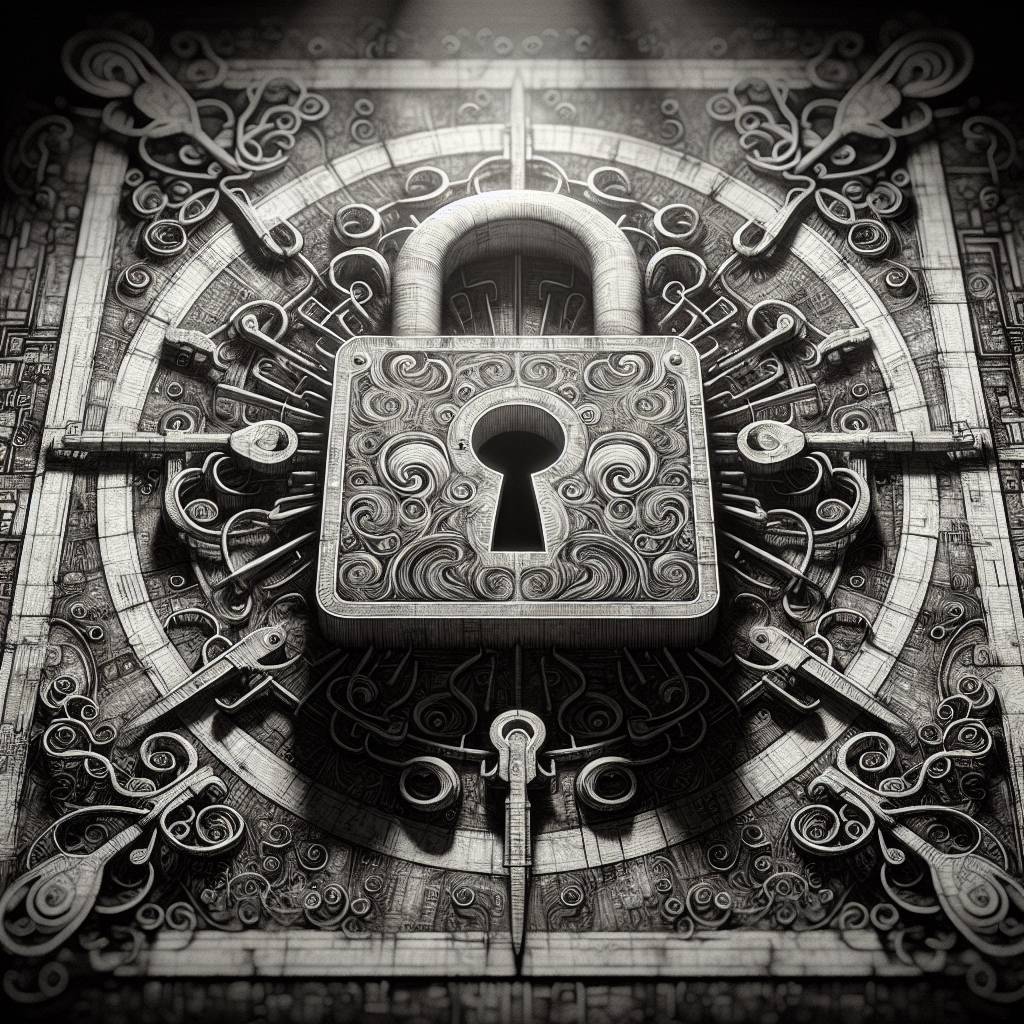Password Reset Peril: How Easy-to-Crack Codes Could Leave Your Security in Shambles!
Password resets often involve sending a one-time code, but without brute force protection, it’s like guarding a bank vault with a sticky note. Facebook learned this the hard way. So before you reset, make sure your code is more Fort Knox than Post-it. Remember, digital security isn’t a laughing matter!

Hot Take:
Ah, the classic password reset conundrum! Just when you thought you were safe with your six-digit code, surprise! It’s as secure as a toddler’s secret cookie stash. Who needs hackers when we have predictable firmware to assist them?
Key Points:
- Password reset codes are often five or six-digit numbers susceptible to brute force attacks.
- Implementing brute force protection is crucial to prevent unauthorized access.
- Codes should be random and have limited validity, like five attempts in 30 minutes.
- The Hikvision vulnerability shows that non-random codes can be derived from UPNP data.
- Exploits for such vulnerabilities exist and can be exploited even from outside the network.
Already a member? Log in here
